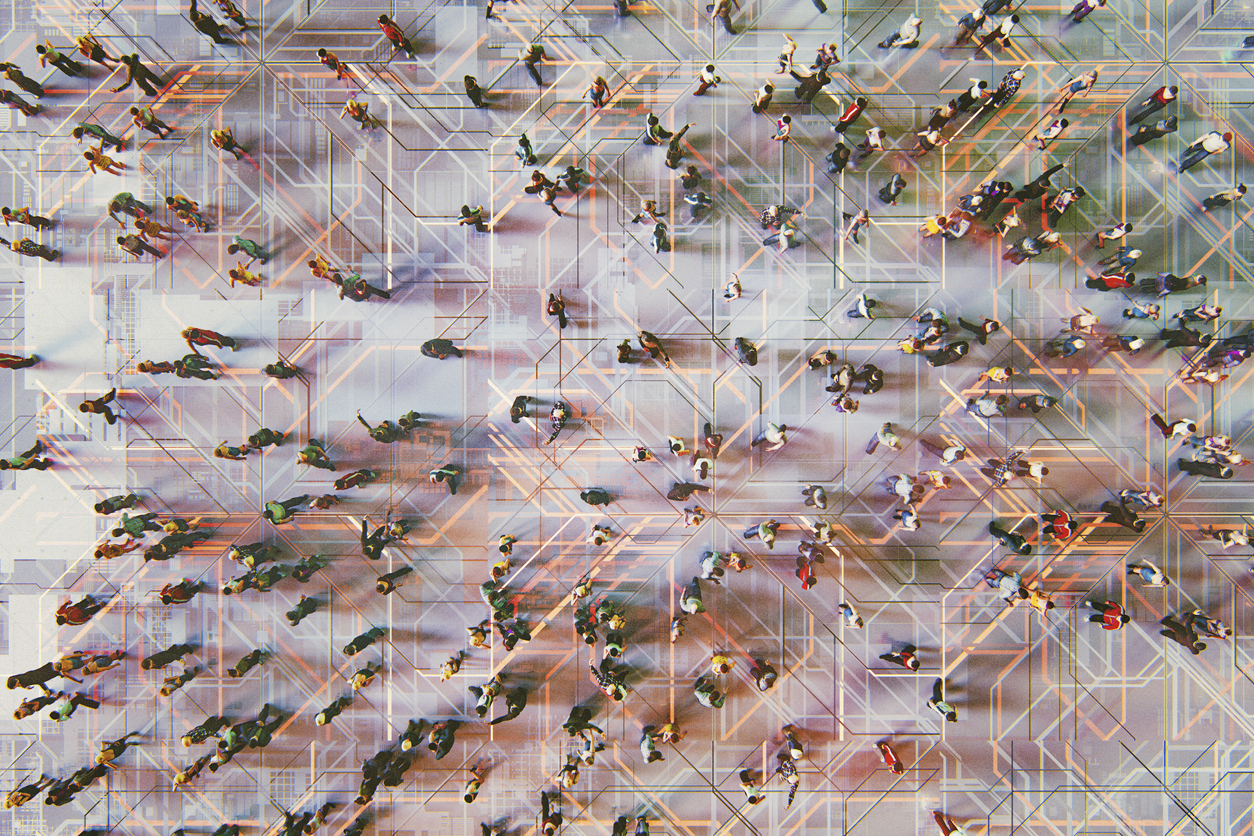Last week I had one of those lunches that we all schedule that when it comes up in our calendar, we shrug and ask why we scheduled it. The meeting was with an organizational head, her assistant Sam, and their Chief Development Officer. Too embarrassed to cancel, I went. On the taxi ride to the restaurant, I decided to let go of my dreaded anticipation of being downloaded and make the best of it. The first half hour of the meeting was as I thought it would be. Then, out of nowhere, the assistant mentioned his hobby was physics, and he had just listened to a podcast on entanglement theory. (As someone with arrested development in science and math, that got my attention.) He explained a little about the concept and asked me how I thought entanglement could be applied to our polarized culture.
Over the next twenty minutes or so, we wound up having a remarkable, imaginative conversation about how “we” who see ourselves as “evolved” and “open-minded” might address the present political and cultural polarization. At the risk of being reductionist, what emerged from our conversation was that our conventional view is, “If you’re not part of the solution, you’re part of the problem. But entanglement suggests: “If you’re not part of the problem, you can’t be part of the solution.” In other words, no matter how “smart” and even “right” we are, until we see our role in creating the enabling conditions for where we find ourselves, nothing really changes.
Life’s funny. At a meeting I did not want to attend, from the person I least expected to learn – because of my intellectual arrogance – a habit I continue to work on – I actually got a lesson in what I am supposed to be an expert in!
To put it most provocatively and painfully:
If we really are entangled, then the other side is always in some ways a projection of our side.
The “other side” is our dragon, the dark parts of our own psyche – our unprocessed disappointment, sadness, anger, fear, guilt, shame – and until we can enter the cave and own those parts of ourselves — the fire-spewing dragons only grow stronger. And isn’t this exactly what has happened over the past few years?
Thank you, Sam.

Rabbi Irwin Kula is a 7th generation rabbi and a disruptive spiritual innovator. A rogue thinker, author of the award-winning book, Yearnings: Embracing the Sacred Messiness of Life, and President-Emeritus of Clal – The National Jewish Center for Learning and Leadership, he works at the intersection of religion, innovation, and human flourishing. A popular commentator in both new and traditional media, he is co-founder with Craig Hatkoff and the late Professor Clay Christensen of The Disruptor Foundation whose mission is to advance disruptive innovation theory and its application in societal critical domains. He serves as a consultant to a wide range of foundations, organizations, think tanks, and businesses and is on the leadership team of Coburn Ventures, where he offers uncommon inputs on cultural and societal change to institutional investors across sectors and companies worldwide.

